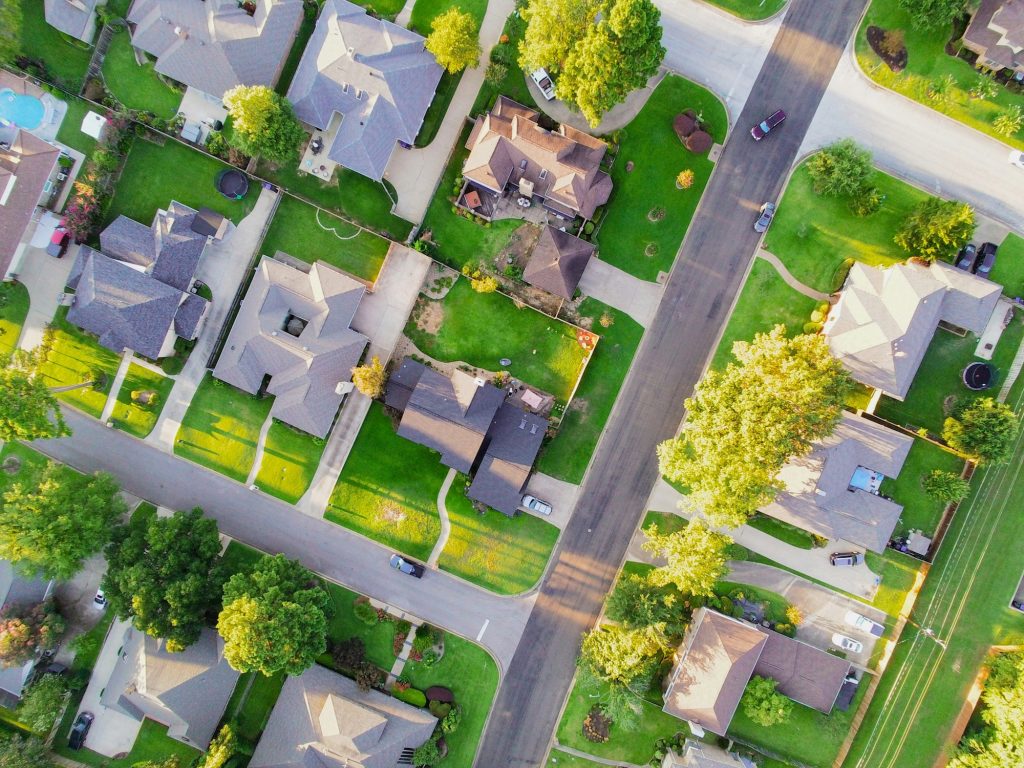The Georgia Property Owners’ Association Act (POAA) is a Georgia statute that
provides for rights and authority that a homeowners’ association (HOA) can elect
to be governed by in addition to its community-specific governing documents.
The POAA was enacted to provide HOAs with powers and procedures, similar to
the Georgia Condominium Act that governs condominium associations in Georgia.
What Does the POAA Provide?
The following are key provisions and requirements of the Property Owners’
Association Act.
Fines
The POAA provides a statutory right to fine owners and occupants for violations
of an HOA’s covenants. If the fines are not paid, the HOA will have a lien against
the responsible owners’ lot.
Liens
Liens under the POAA are automatic and secured for all past due HOA
assessments and charges, including fines. This means that HOAs submitted to the
POAA are not required to file a paper lien at the local courthouse. Additionally,
the POAA ensures the HOA is a secured creditor in the event the homeowner
declares bankruptcy, which means the HOA would have the right to be paid back
through any bankruptcy repayment plan. Secured liens are paid after first
mortgages and ad valorem taxes, but before most other secured or unsecured
liens, which highly increases the chances of being paid back in full.
If allowed for in the HOA’s declaration, all POAA liens created from past due
assessments are subject to a $10 or 10% late fee (whichever is greater) and
interest at the rate of 10% per annum on unpaid assessments and charges.
HOAs are also entitled to collect their reasonable attorneys’ fees actually incurred
for collection of past due assessments.
Foreclosure
The POAA also empowers HOAs submitted to the POAA to foreclose their liens
that are over $2000. While a remedy of last resort, this authority allows HOAs to
force a Sheriff’s sale of a delinquent HOA member’s lot so the association can
recover the member’s past due assessments and other charges due.
Under the POAA, an HOA can foreclose subject to any superior liens, like the first
mortgage and ad valorem property taxes. The buyer at the foreclosure sale then
must work out payment with any superior lienholders or assume the superior
obligations.
Amendments
Another important reason HOAs choose to submit to the POAA is to be able to
adopt new use restrictions. Under Georgia law, HOAs that are not submitted to
the POAA are prohibited from imposing greater restrictions on the use or
development of the property, like leasing restrictions, without each owner’s
written approval. In other words, only HOA members who sign off on specific
amendments to the HOA’s governing documents will be held to them and those
who do not sign will not be bound by them. Leasing restriction amendments are
driving many HOAs to adopt the POAA.
After an HOA submits to the POAA, all owners in the community will be bound by
any new use restrictions that 2/3rds of the HOA members approve.
HOA Duration
Georgia law currently dictates that HOA covenants expire after 20 years by
default with allowed renewal periods. However, POAA provides that covenants
run perpetually. This avoids potential expiration or ambiguous renewal clauses in
governing documents.
Why Should an HOA Submit to the POAA?
HOAs that adopt the POAA into their declaration of covenants enjoy all the
benefits listed above, including automatic liens, a foreclosure remedy, the ability
to adopt new use restrictions, and perpetual duration of their covenants.
How Does an HOA Submit to the POAA?
If the original declaration of an HOA was not made subject to the POAA, the HOA
can become subject to it pursuant to the declaration’s amendment process. No
HOA automatically falls under the POAA.
To be subject to the POAA, HOAs must amend their governing documents to
conform to POAA requirements.
Please contact the attorneys at NowackHoward for more details or if your
community is interested in submitting to Georgia’s POAA.


